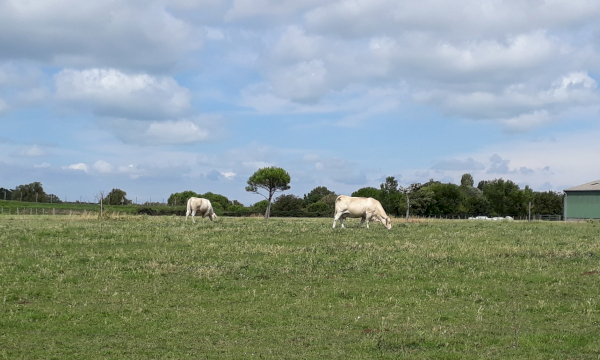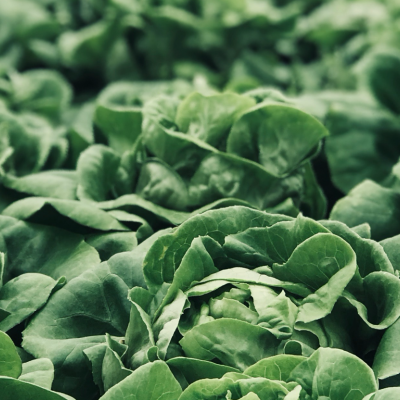Project aim:
The French administration France Agri Mer wants to support supply chain actors in setting up an animal welfare scheme for pig and poultry. In order to enrich the debate a comparative analysis of existing schemes in this domain is run in Germany, The Netherlands and in Denmark will be done by Ecozept and partners. Main focus is the microeconomy on farm level and how it might be impacted by restrictions coming from labelling schemes.
Activities of ECOZEPT:
Literature review, expert interviewing, benchmarking, micro-economic analysis on farm level. 12 labels will be analysed on a more general level, 8 of which will then be looked at in detail.
Client:
France Agri Mer


 0more
0more



 0view all
0view all 